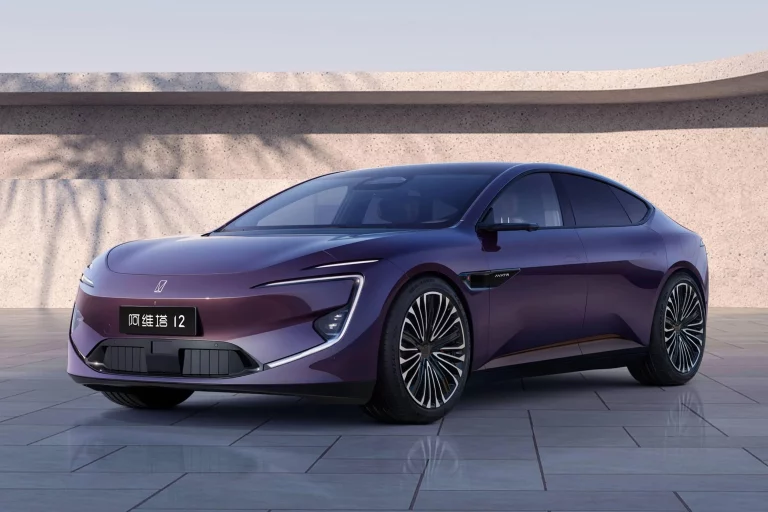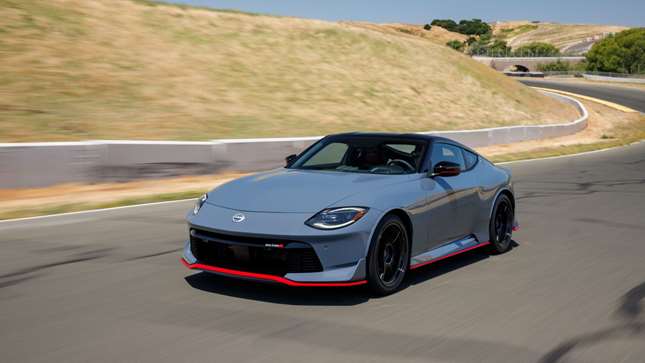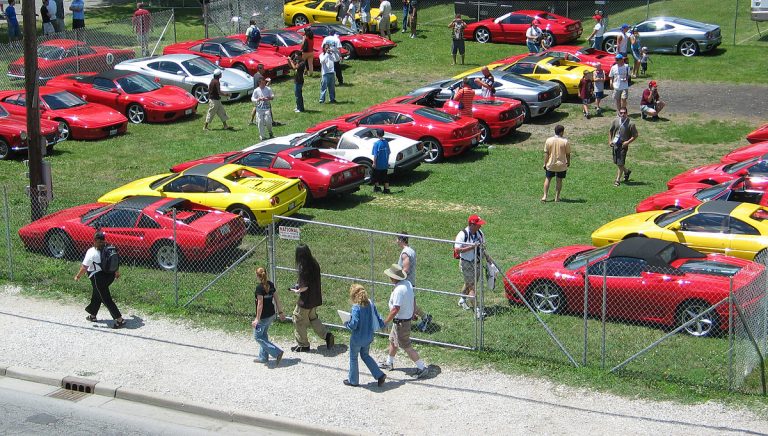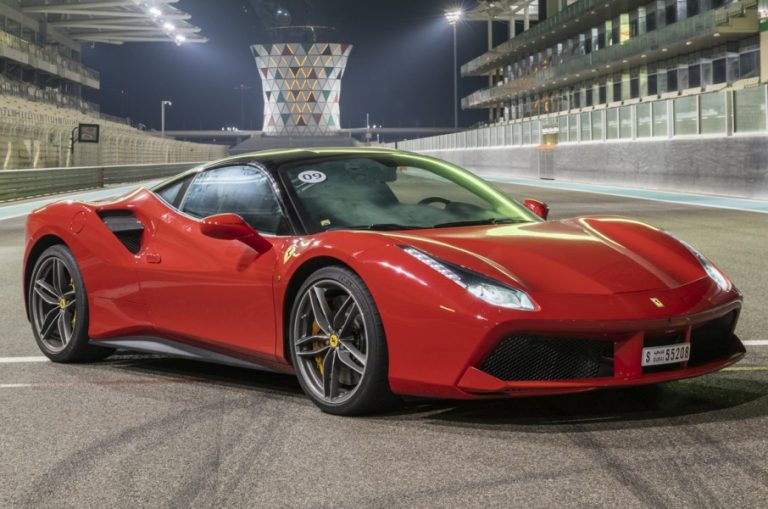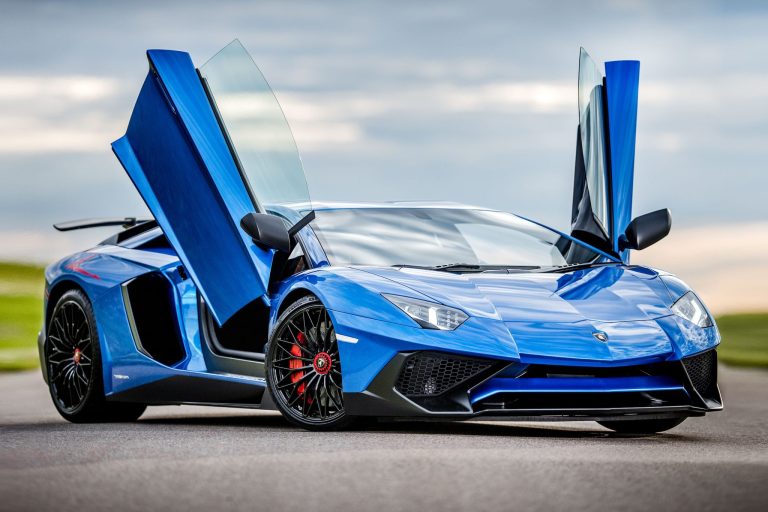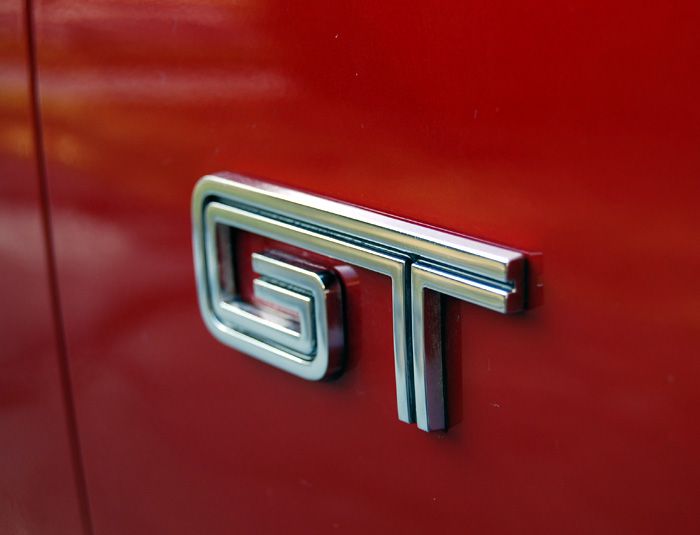10 Biggest German Car Brands
If you’ve ever marveled at the sleek design of a sports car or admired the elegance of a luxury vehicle, there’s a good chance it was German-made. With a rich history dating back to the dawn of the automotive industry, German car brands have long been synonymous with quality, innovation, and performance.
From the very first car created by Carl Benz to the cutting-edge electric cars of today, Germany’s automotive industry has weathered numerous challenges and emerged stronger each time. With a significant presence in motorsports and a commitment to excellence, it’s no wonder German cars are revered worldwide. In this guide, we will share the top 10 German car brands that have left an indelible mark on the automotive world.
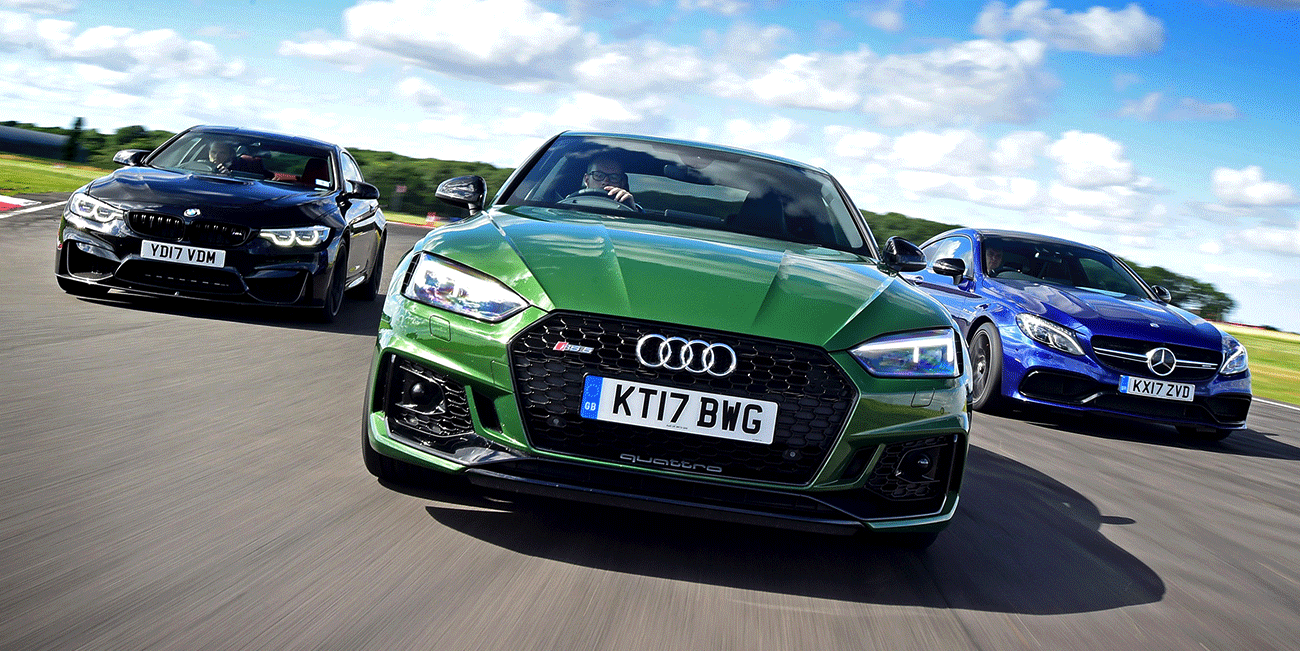
Top 10 German Car Brands In 2024
Here are 10 prominent German car brands in 2024, renowned for their engineering, performance, and luxury:
1. Volkswagen

Volkswagen, the flagship of German auto engineering, remains a cornerstone in the global car market. Known for models like the Golf and Passat, Volkswagen also excels in the SUV category with the Tiguan and Atlas. The brand’s commitment to innovation is highlighted in its electric vehicle line, particularly the ID.4, which reflects its push towards sustainable mobility solutions. Volkswagen continues to balance tradition with forward-looking technology, making it a leader in both combustion and electric vehicles.
2. Porsche

Porsche epitomizes luxury and performance with its well-established reputation for producing some of the finest sports cars in the world. Iconic models like the 911 and the Panamera combine high-performance engineering with exquisite design, making Porsche a symbol of automotive prestige. Recently, the brand has expanded into electric vehicles with the Taycan, underscoring its commitment to high-performance sustainability. Porsche continues to be a favorite for those seeking thrilling driving experiences and cutting-edge technology.
3. Mercedes-Benz

Mercedes-Benz stands as a paragon of luxury, offering a broad lineup from the elegant C-Class to the flagship S-Class, and extending to performance-oriented AMG models. Known for its advanced technology and superior craftsmanship, Mercedes-Benz sets the standard in automotive luxury. The brand’s push towards electrification is evident in its EQ series, promising a blend of Mercedes’ luxury with eco-friendly technology. This combination of tradition and innovation keeps Mercedes-Benz at the forefront of the luxury automotive market.
4. BMW

BMW offers a perfect blend of luxury and driving dynamics, known for its slogan “The Ultimate Driving Machine.” The brand’s lineup includes the sporty 3 Series, the luxurious 7 Series, and the innovative i series of electric vehicles. BMW’s commitment to performance is matched by its dedication to environmental sustainability, as seen in the electric iX and i4 models. With a reputation for building cars that provide a dynamic driving experience, BMW remains a top choice for car enthusiasts around the world.
5. Audi

Audi is renowned for its sleek design, advanced technology, and the Quattro all-wheel-drive system. The brand offers a full range of vehicles from the compact A3 to the luxurious A8, with significant advancements in electric vehicle technology evident in their e-tron lineup. Audi’s approach to combining performance with luxury and technology makes it a strong competitor in the global automotive market, constantly pushing the boundaries of what is possible in automotive engineering.
6. Opel

Opel, with a deep-rooted history in automobile manufacturing, blends performance with practicality, offering a range of vehicles that cater to a broad market. Known for models like the Astra and the Corsa, Opel has established itself with a focus on efficiency and affordability. The brand continues to innovate with new additions like the electric Corsa-e, highlighting its adaptability and commitment to meeting the modern demands of the automotive market.
7. Alpina
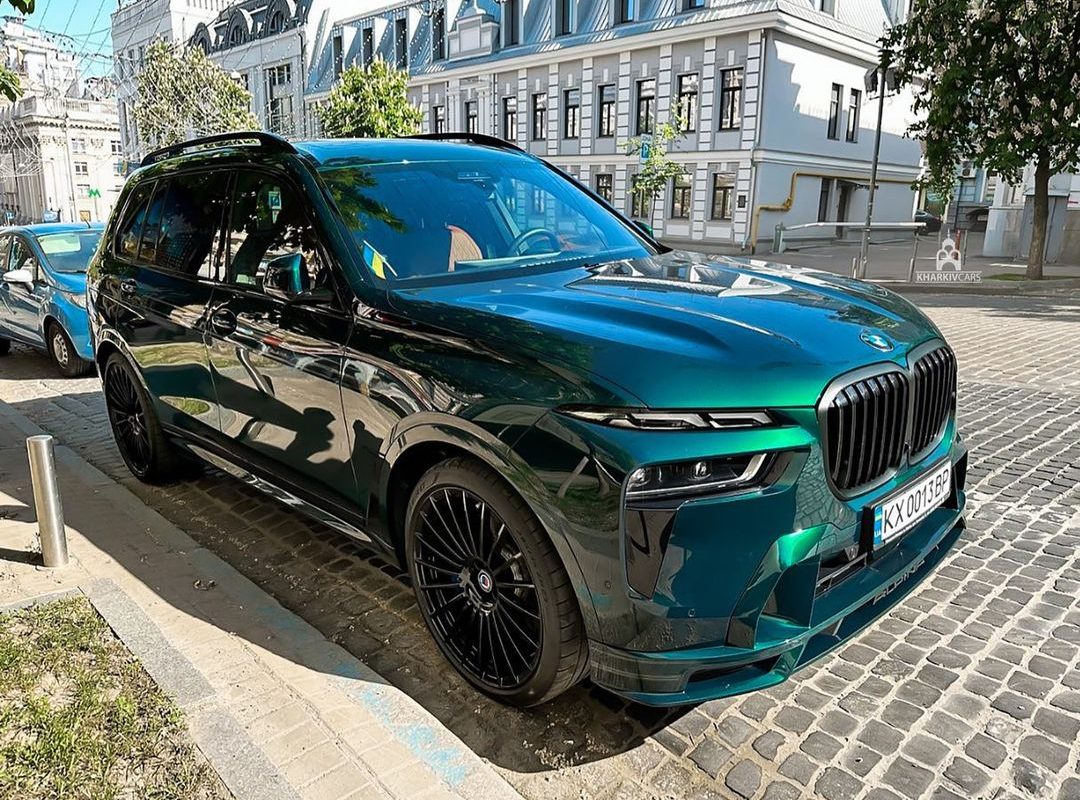
Alpina, a boutique manufacturer, transforms BMW models into high-performance, luxury vehicles. Each car is hand-finished in Alpina’s workshop in Buchloe, Germany, ensuring exclusivity and individuality. Known for its luxurious interiors and powerful engines, Alpina offers an enhanced driving experience that appeals to those looking for something unique and powerful in the luxury car segment. This brand remains a niche favorite for automotive connoisseurs looking for bespoke luxury.
8. Gumpert AIWAYS

Gumpert AIWAYS, though a smaller and more exclusive brand, continues to make headlines with its innovative approach to sports car design. The revival of the Gumpert brand with the introduction of the Nathalie, a methanol fuel cell sports car, marks a significant step forward in the use of alternative fuels in high-performance vehicles. Gumpert’s dedication to pioneering new technologies positions it as a key player in the future of sports car engineering.
9. Smart

Smart, initially known for its compact city cars, has evolved significantly with a focus on electric urban mobility. The brand has reinvented itself by introducing models like the Smart EQ fortwo, emphasizing sustainability and innovation. These cars are designed to offer maneuverability and efficiency in urban environments, appealing to a demographic looking for eco-friendly and practical transportation solutions. Smart’s commitment to electric vehicles underscores its position as a pioneer in addressing the unique challenges of modern urban transportation.
10. Maybach

Maybach, now revived under the Mercedes-Benz umbrella, symbolizes ultimate luxury. Known for producing ultra-luxurious vehicles, Maybach offers exclusivity with its meticulously crafted interiors and state-of-the-art technology. Models like the Maybach S-Class and the SUV GLS are distinguished by their opulent features and superior comfort, targeting the high-end luxury segment. Maybach stands as a testament to German engineering excellence, delivering an unmatched level of luxury that caters to the most discerning clientele.
Frequently Asked Questions
What is the least reliable German car brand?
According to various independent car reliability surveys worldwide, Mercedes currently ranks as the least reliable German manufacturer. It is closely followed by Audi, then Volkswagen, and ultimately, BMW. However, specific BMW 3 Series models, particularly the petrol versions, have demonstrated strong reliability.
Is a German car better than an American?
Critic consensus suggests that mechanically, German cars outperform many other models. While there might be reliability issues, German cars are perfect for those who enjoy speed and comfort. Furthermore, they only need to be replaced every 200,000-250,000 miles on average, assuming proper maintenance is conducted.
How many German car brands are there?
Five German companies and seven marques dominate the automotive industry in Germany. These include Volkswagen AG (plus subsidiaries Audi and Porsche), BMW AG, Daimler AG, Adam Opel AG, and Ford-Werke GmbH.
What are the German 3 cars?
Commonly referred to as “Germany’s Big Three,” Audi, Mercedes-Benz, and BMW have made a significant impact in the industry. However, the actual major automobile manufacturers are the Volkswagen Group, which includes Audi AG; the Mercedes-Benz Group; and, BMW.
Which is better Japanese or German cars?
Both German and Japanese vehicles have their strengths. German cars focus on performance and build quality, where they typically outshine Japanese models. On the other hand, Japanese cars are known for their value and emphasis on family-friendly features.

Hi! I’m Larry Gibbs, studying mechanical engineering with a focus on cars. I really love Ferraris and write blog posts about the latest car stuff. When not studying or blogging, I’m usually on a road trip exploring new places. I also enjoy playing football and watching movies. Life’s an adventure, and I’m all about enjoying the ride!

